
What is patriotism but the love of the food one ate as a child?
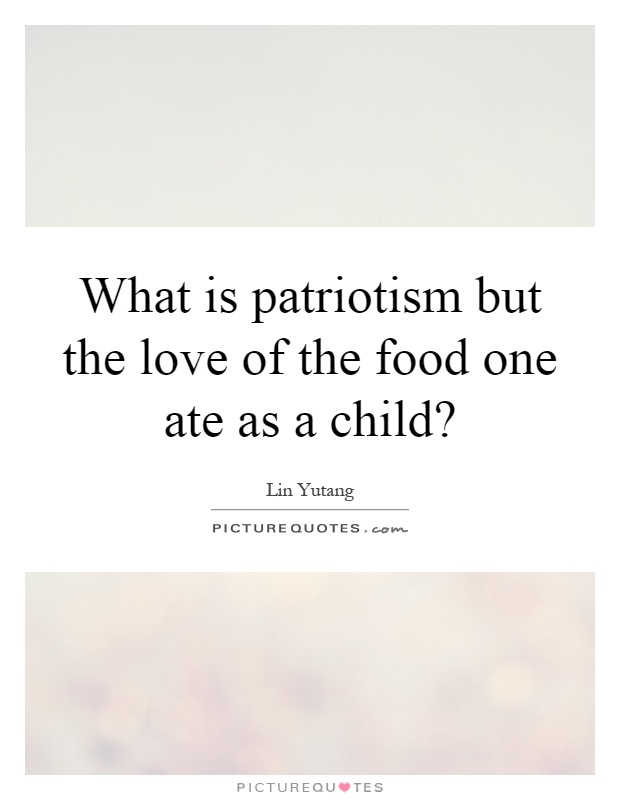
What is patriotism but the love of the food one ate as a child?
Lin Yutang, a renowned Chinese writer and philosopher, once famously said, "What is patriotism but the love of the food one ate as a child?" This statement encapsulates the idea that our love for our homeland is deeply rooted in our childhood experiences, particularly the memories associated with the food we grew up eating.Food is not just sustenance; it is a powerful symbol of culture, tradition, and identity. The dishes we ate as children hold a special place in our hearts, evoking feelings of comfort, nostalgia, and belonging. For many people, the flavors and aromas of their childhood meals are synonymous with home and family, serving as a tangible connection to their roots.
In the context of patriotism, the love of the food one ate as a child represents a deep-seated attachment to one's homeland. The act of preparing and sharing traditional dishes is a way of preserving and passing down cultural heritage from one generation to the next. It is a way of honoring the sacrifices and struggles of our ancestors, who worked tirelessly to provide us with the food that nourished both our bodies and our souls.
Patriotism, then, is not just about waving flags or singing anthems; it is about cherishing the customs and traditions that define who we are as a people. It is about celebrating the unique flavors and ingredients that make our cuisine distinct and memorable. It is about recognizing the role that food plays in shaping our national identity and fostering a sense of unity and pride among our fellow citizens.
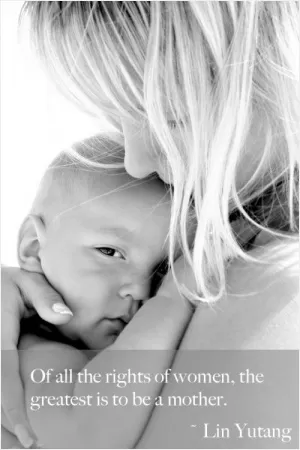
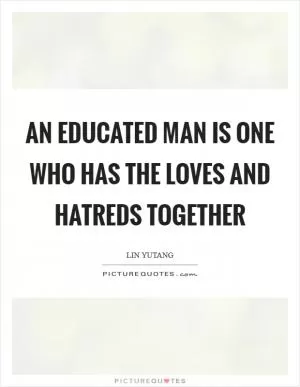




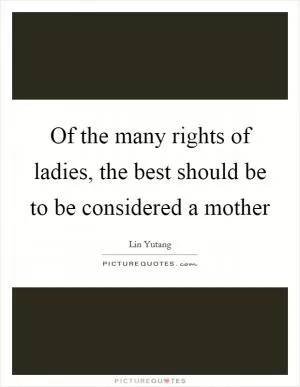




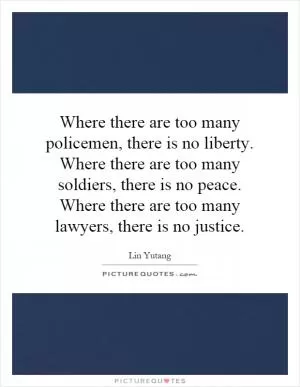
 Friendship Quotes
Friendship Quotes Love Quotes
Love Quotes Life Quotes
Life Quotes Funny Quotes
Funny Quotes Motivational Quotes
Motivational Quotes Inspirational Quotes
Inspirational Quotes